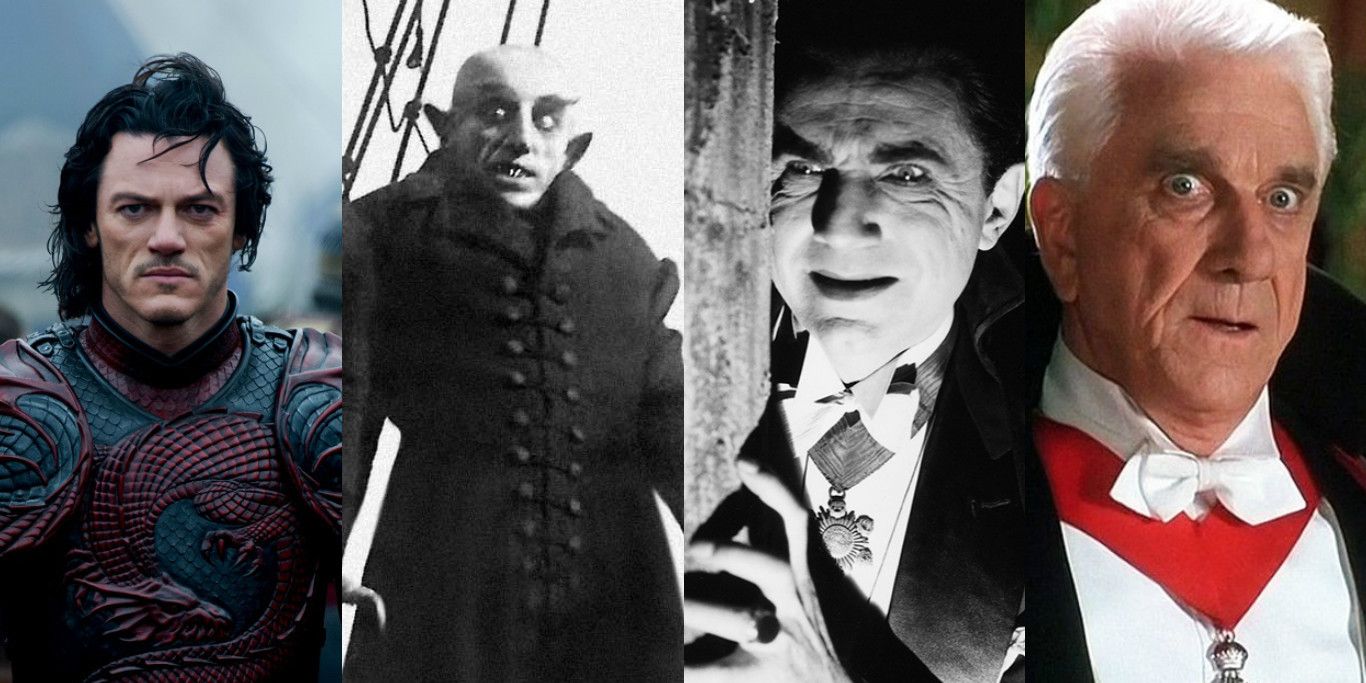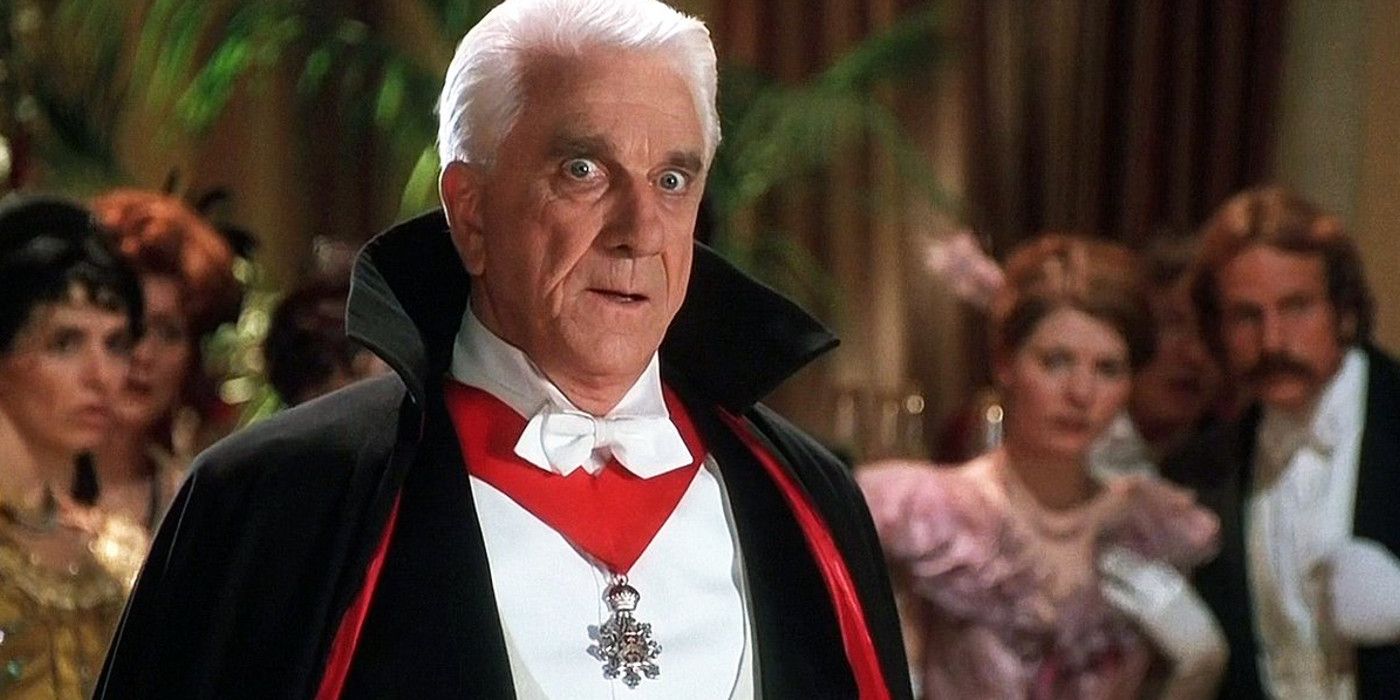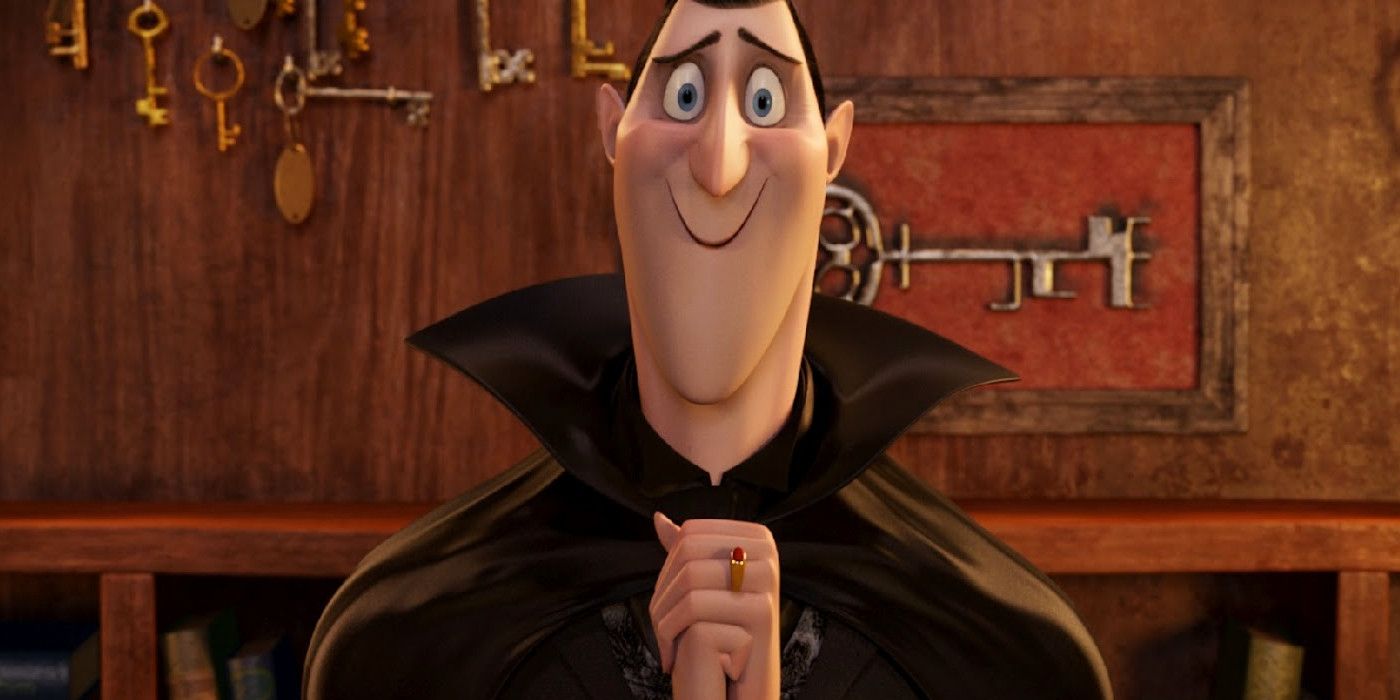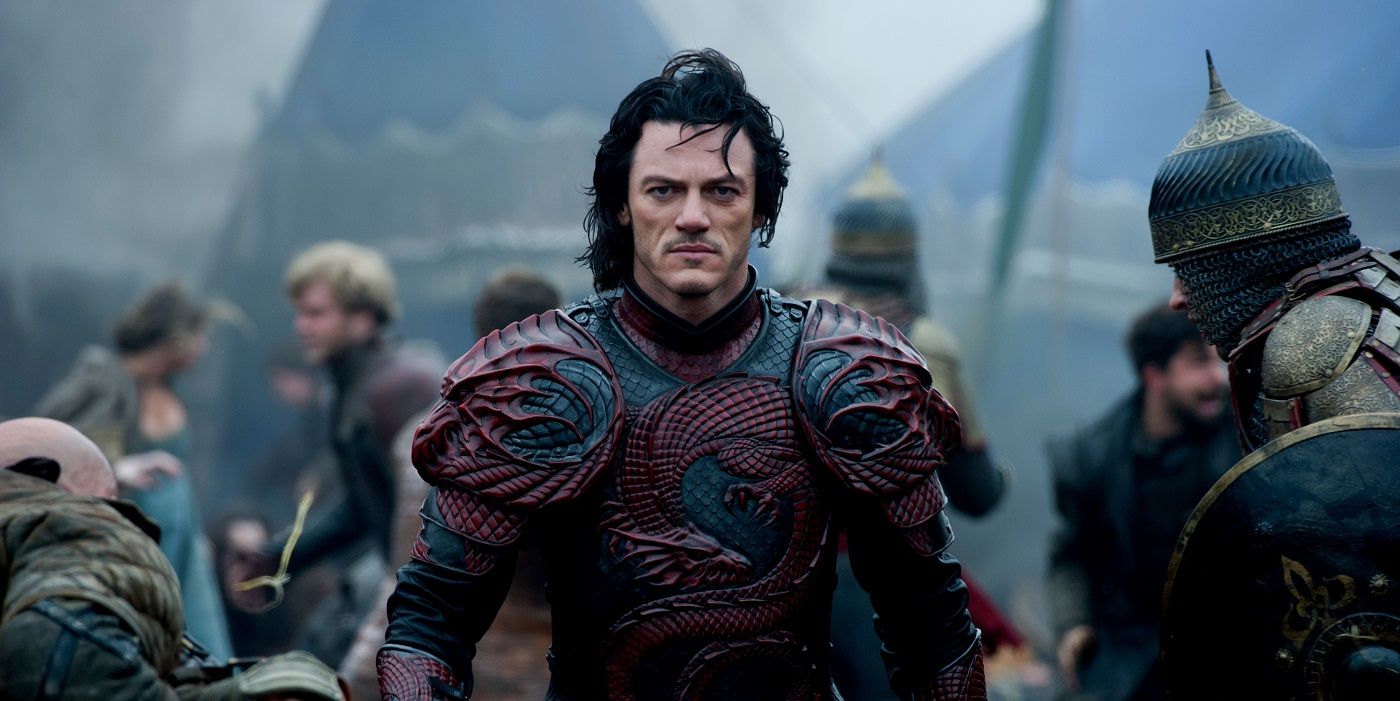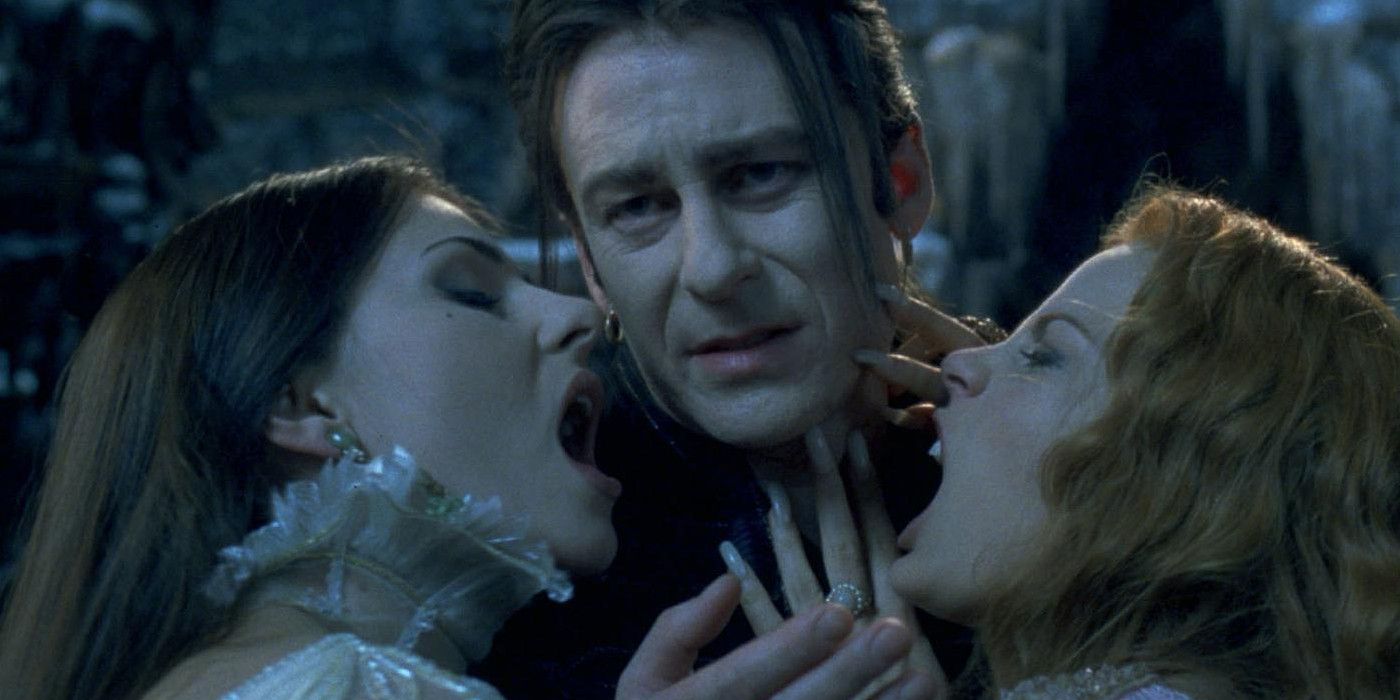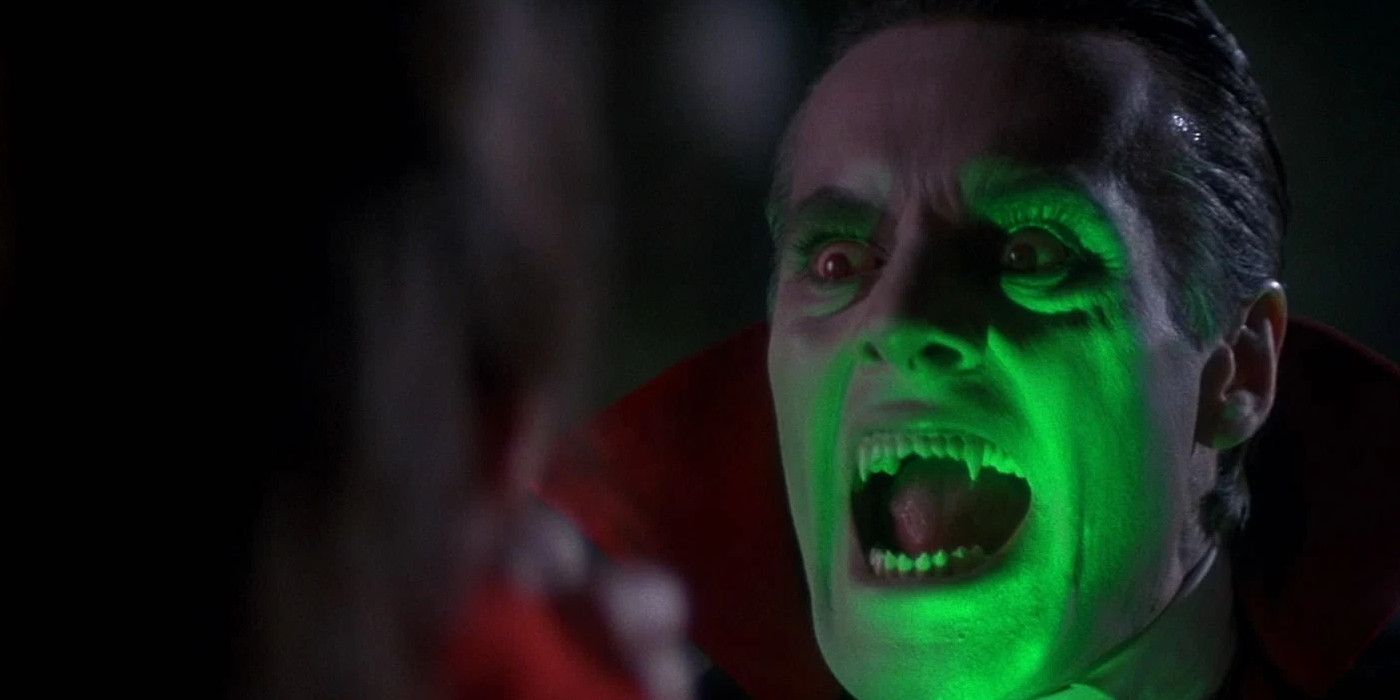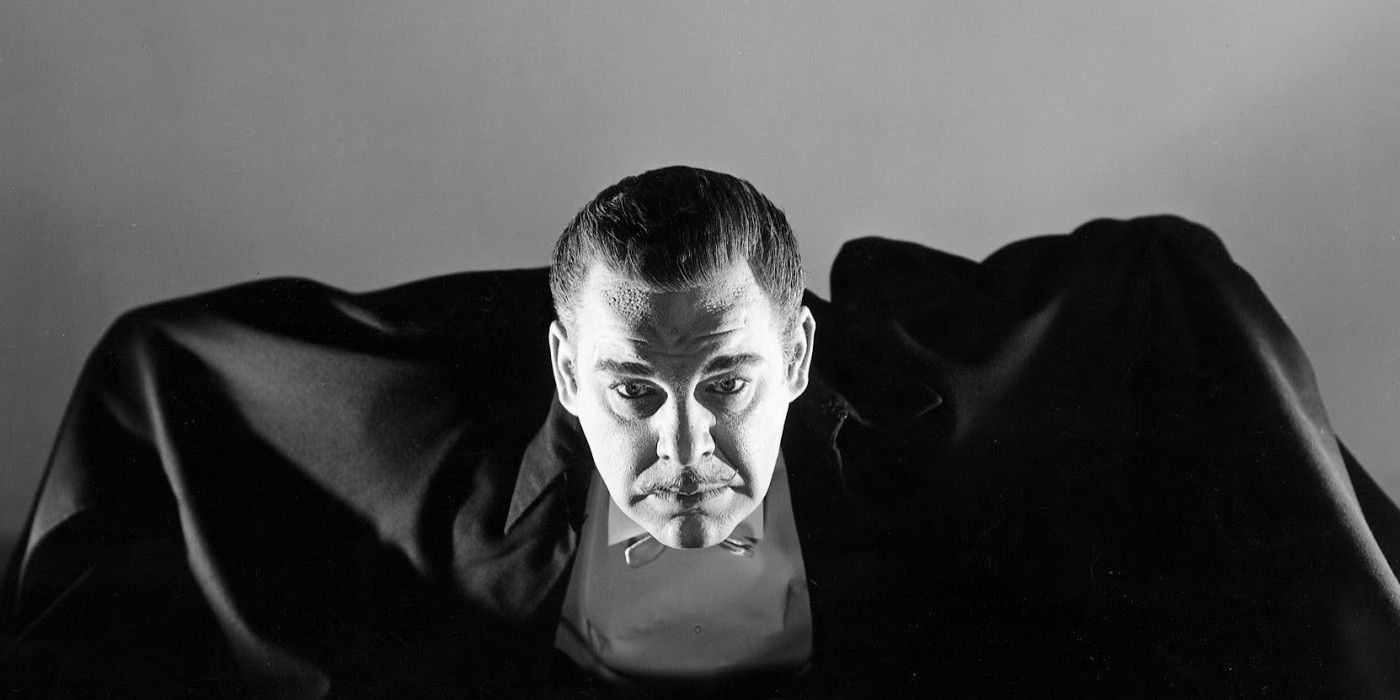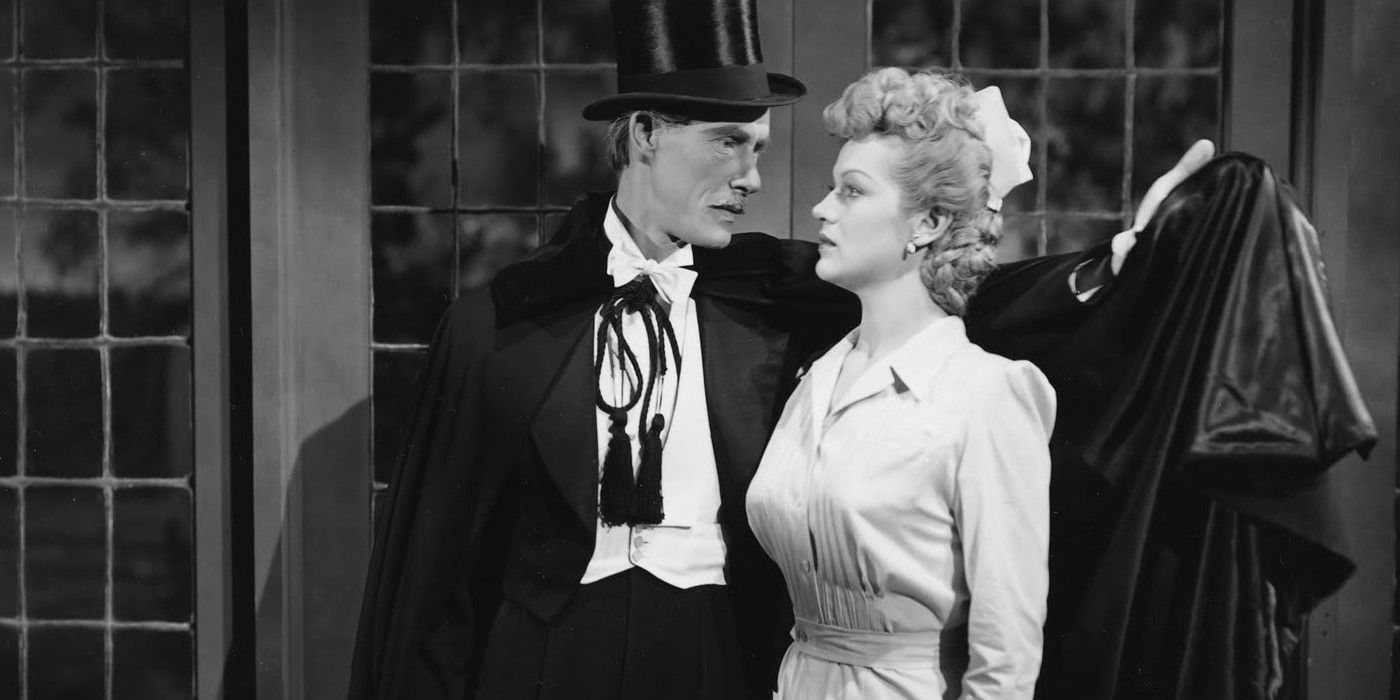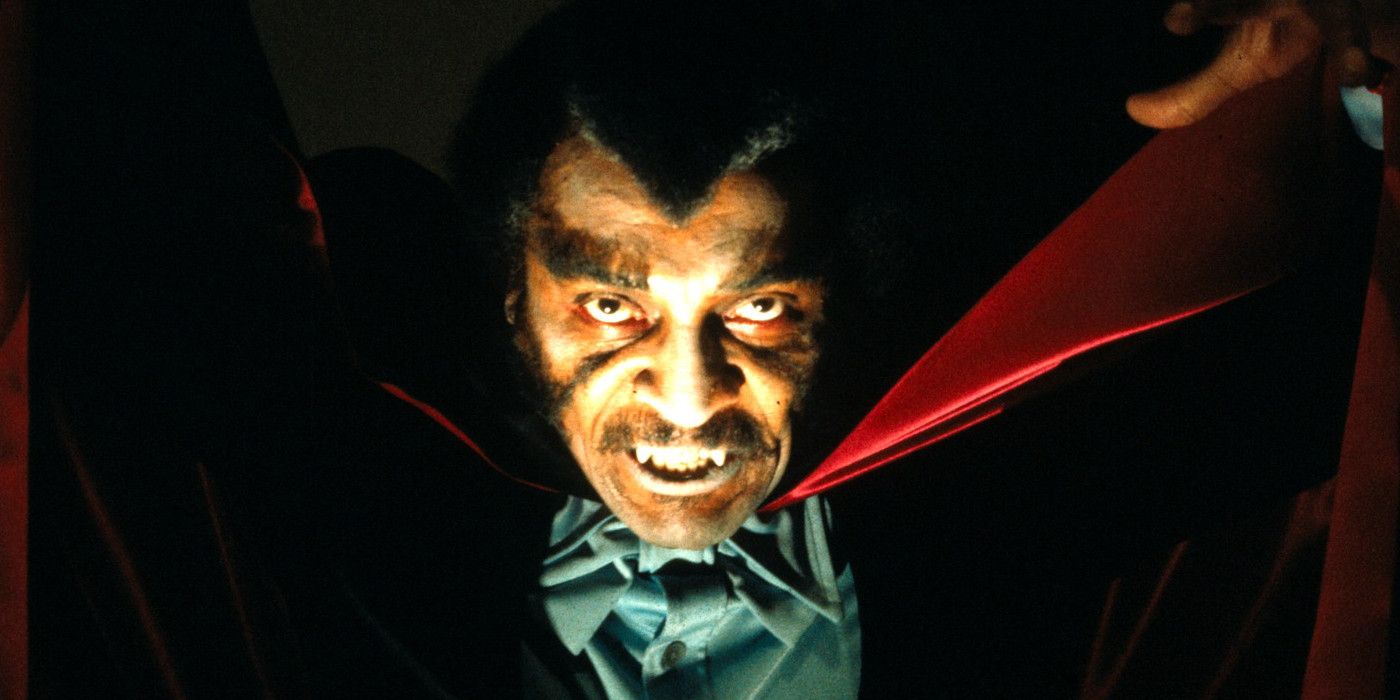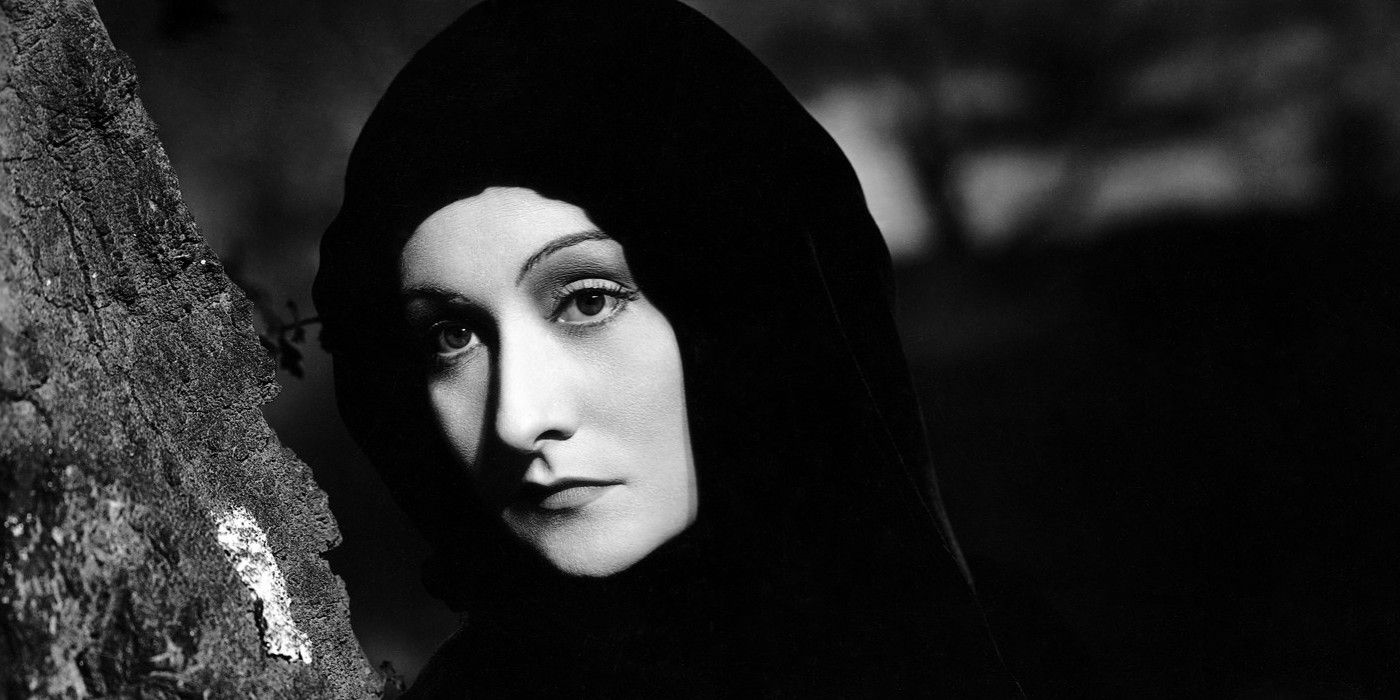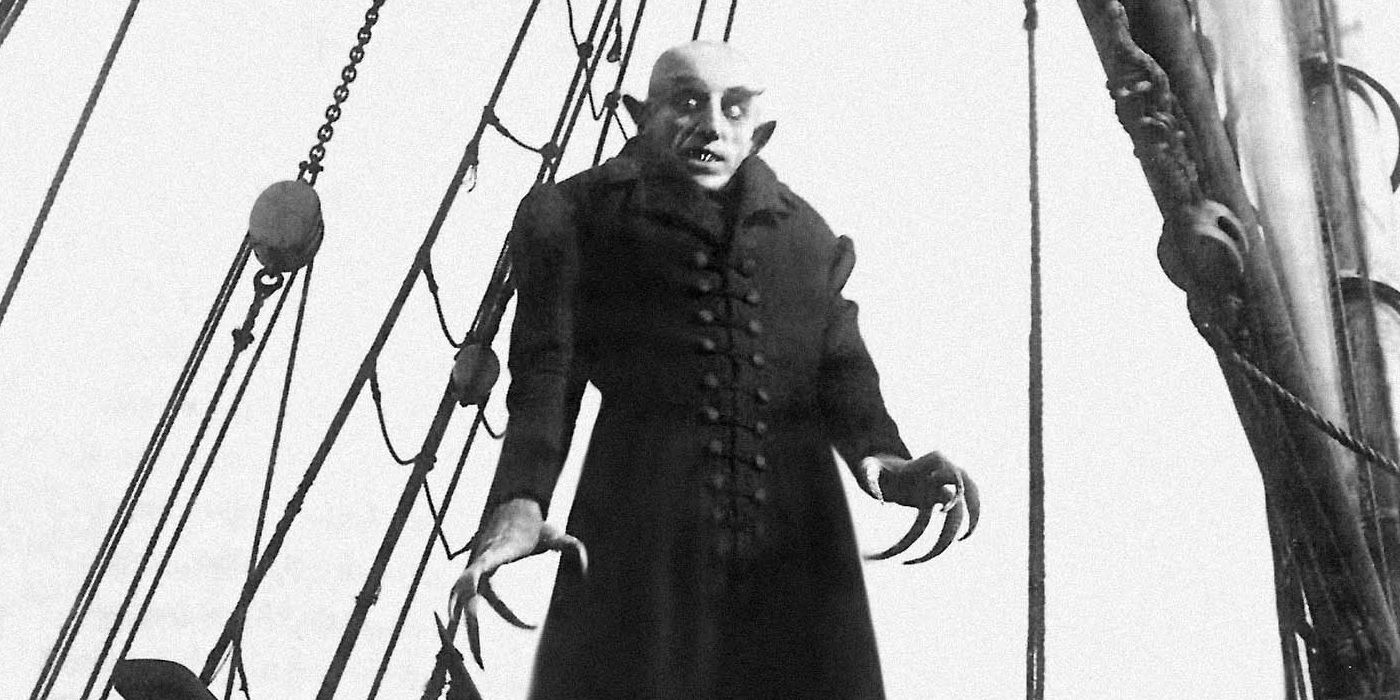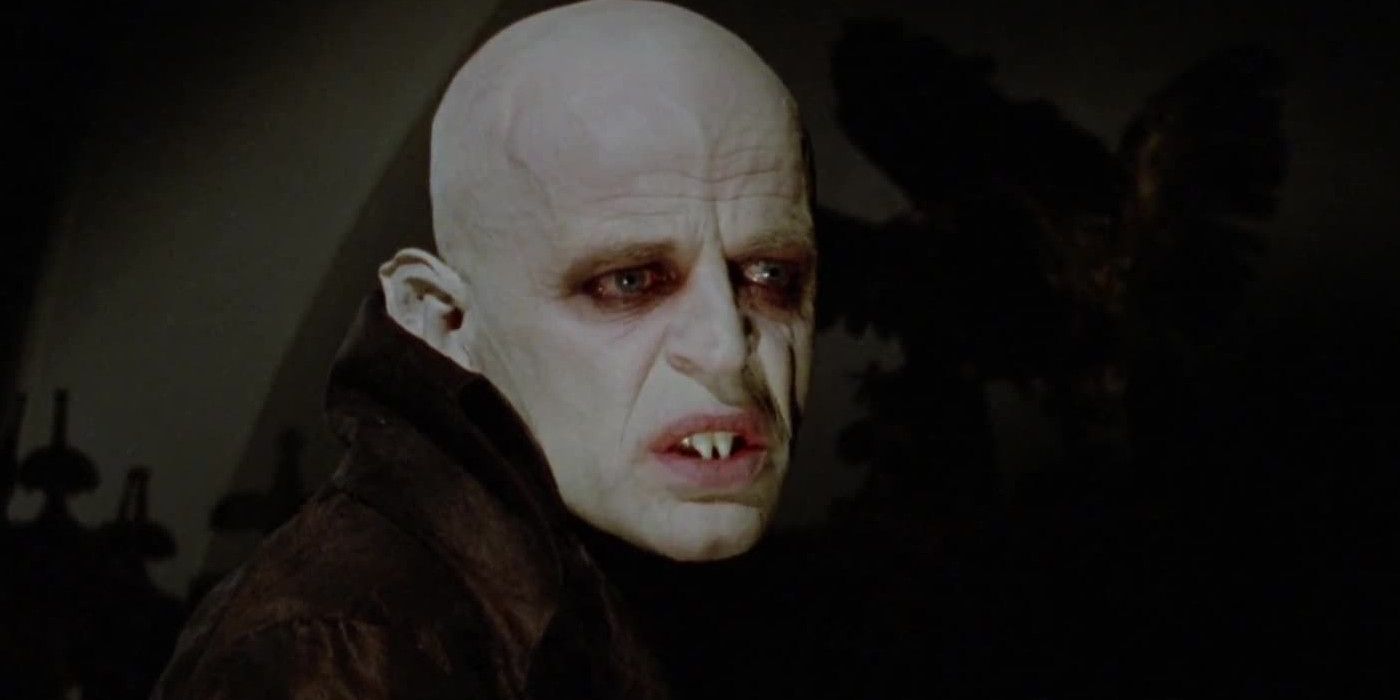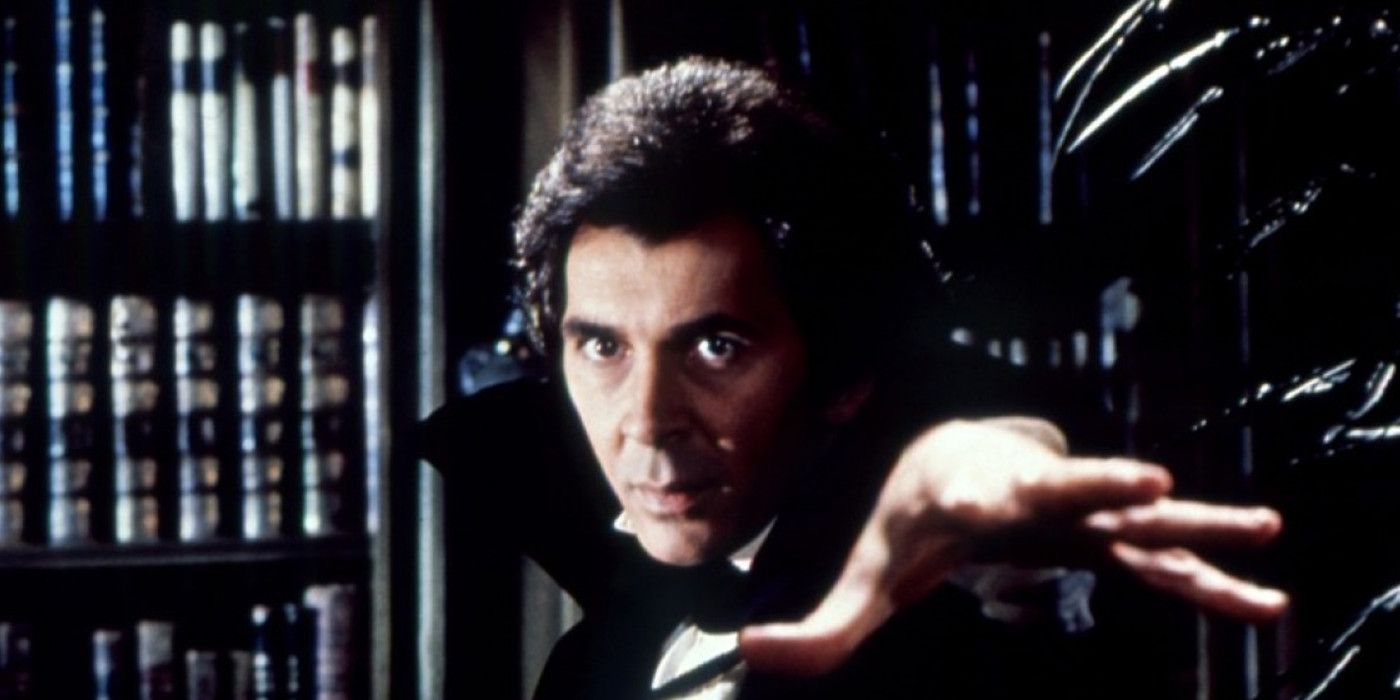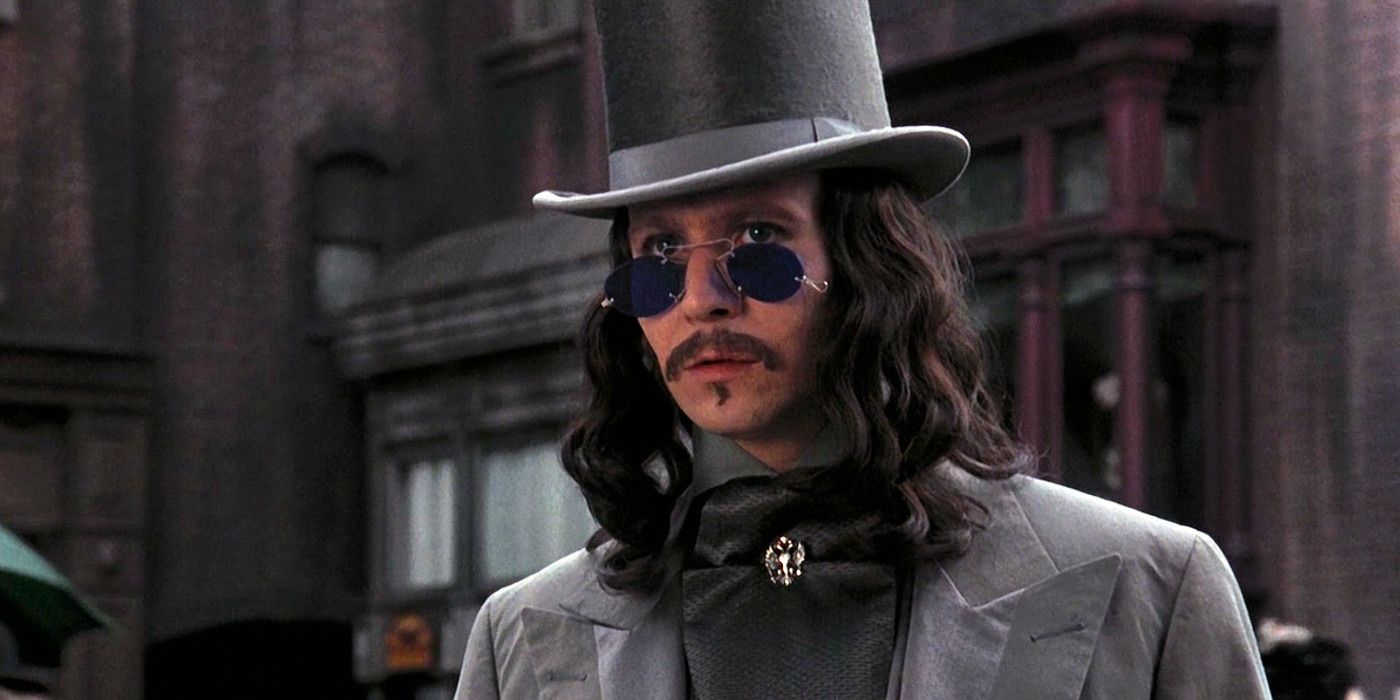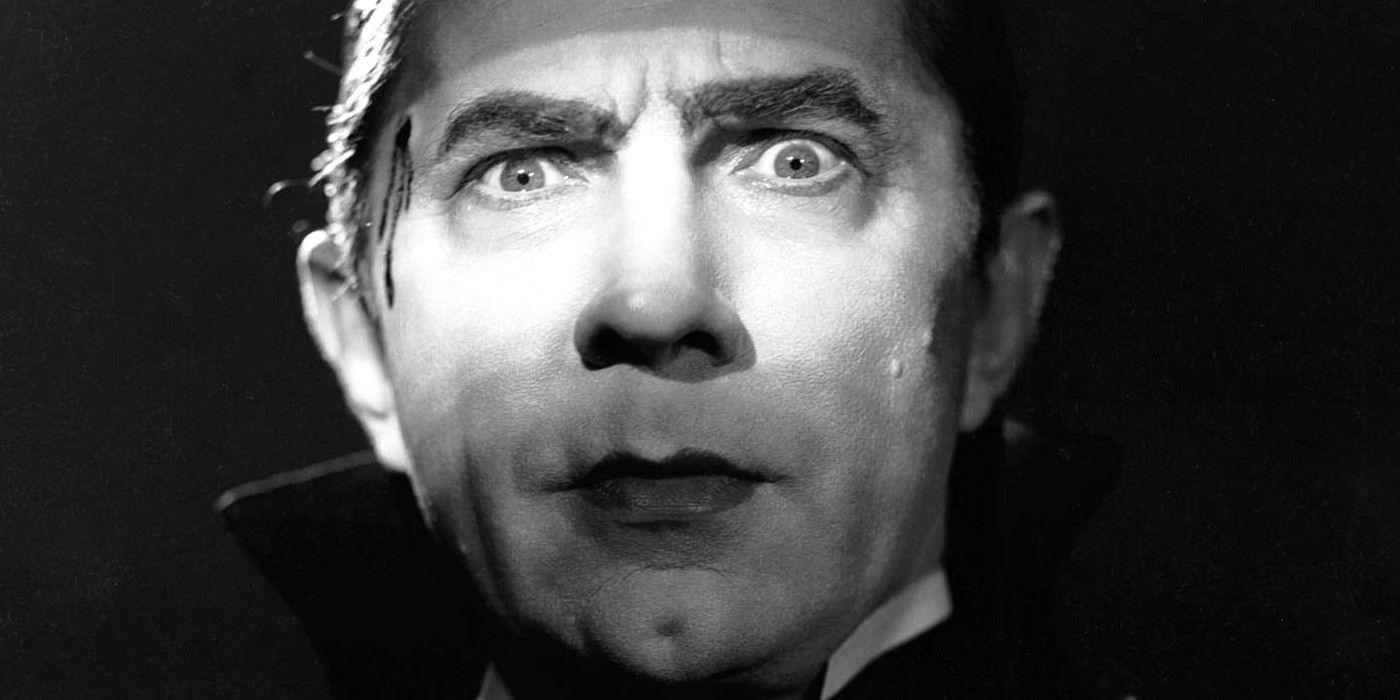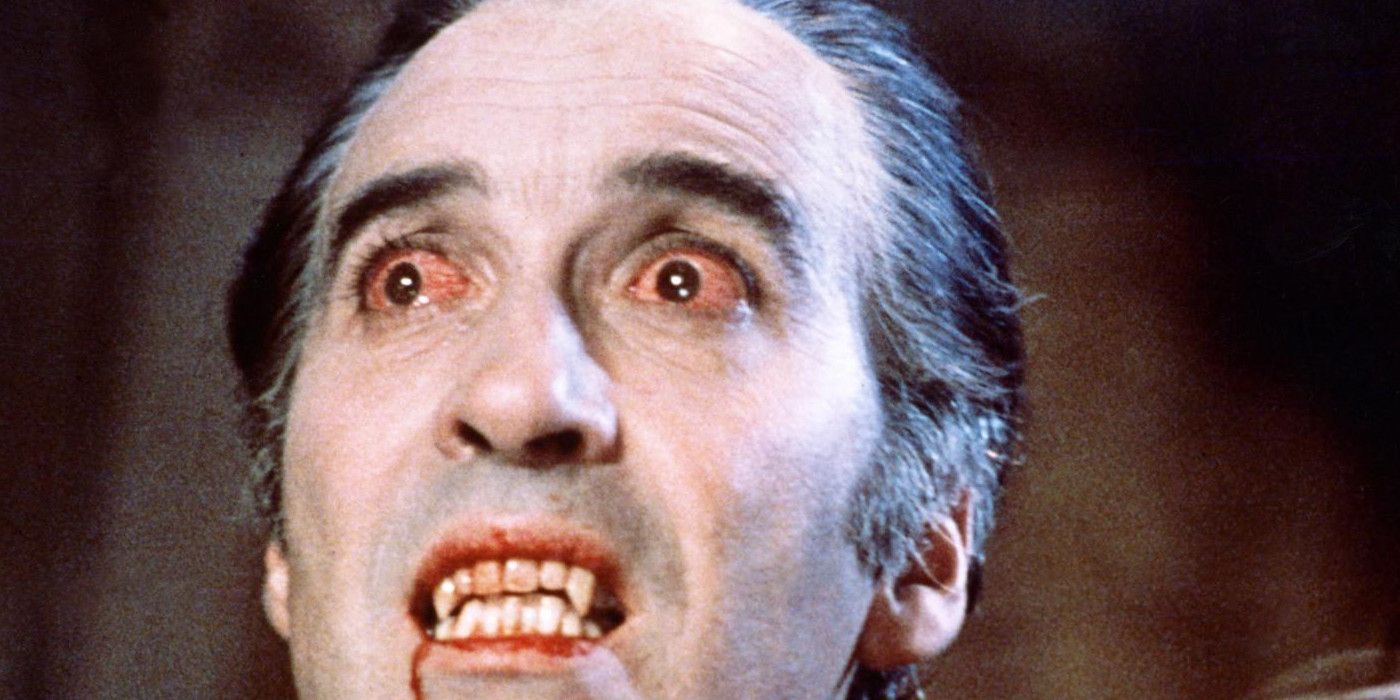Dracula first bit the screen in 1922, and audiences have loved him ever since. The undead count and creation of author Bram Stoker has become one of literature—and cinema’s—most beloved and oft-featured characters. Needless to say, a good number of actors have played Dracula on the big screen, some more successfully than others.
Believe it or not, for all the movies featuring Dracula, less than 20 actors have played the part on the movie screen. First up, though: two in-passing mentions. The first goes to Sir Ian McKellen for playing the good Count in the Pet Shop Boys video “Heart.” Ok, so it’s not exactly a big screen epic, but it’s Ian McKellen, playing Dracula. Enough said.
The other mention goes to Gerard Butler, who played the character in Dracula 2000, one of the worst outings for the character has ever had. Butler, a talented actor, plays the role with all the charisma of a wax statue, and gets far upstaged by Oscar winner Christopher Plummer as Van Helsing. That’s not to say it’s Butler’s fault; the movie just needed a rewrite!
Now, on to the main event! Check out the 15 Most Iconic Movie Draculas, Ranked Worst To Best!
15. Leslie Nielsen
Nielsen once started out as a straight up dramatic actor in films like Forbidden Planet and The Poseidon Adventure. His deadpan performance in Airplane!, however, called him toward slapstick comedy. Throughout the 1980s and '90s, Nielsen would act in a number of farcical comedies, most notably The Naked Gun and its sequels. Some were funny, others less so…
Which brings us to Dracula: Dead and Loving It. Mel Brooks had created a comedy classic with Young Frankenstein two decades before. With Bram Stoker’s Dracula bringing gothic horror back into style, Brooks tried again for a horror parody in 1995, starring Nielsen in the title role. The resulting film was not a classic: Dracula: Dead and Loving It earned dour reviews and flopped at the box office, due in part to Nielsen’s boring take on the titular count. Granted, the movies had already parodied Dracula several times over, so Nielsen already had to walk well-treaded ground while donning the fangs. Still, he brings nothing new to the role, nor does the film bring anything interesting to the Dracula legend.
14. Adam Sandler
Speaking of comic actors, Adam Sandler took on the vocal machinations of Dracula for the delightful Hotel Transylvania in 2012. The animated film imagined the count as the proprietor of a monster hotel—a sort of rest spa resort for ghastly ghouls. He also must deal with his maturing daughter Mavis, and the intrusion of an actual human into his monsters-only vacation spot.
Sandler might have passed his prime as an irreverent comic talent years ago. After all, how long after 40 can a man get away with juvenile slapstick and not look sad? The animation of Hotel Transylvania allows him to transition to dad-type roles while still getting away with some of his old shtick. Unfortunately that’s about all he brings to the role. The film intends Sandler’s Dracula, of course, as a benign entity rather than the usual menace. In that regard Sandler succeeds, since his odd accent and vocal delivery make him sound more like Count Chocula than a Transylvanian. Hotel Transylvania is a cute film, but Sandler’s Dracula is one of the movie’s least interesting elements.
13. Luke Evans
Universal Pictures has made a number of attempts in recent years to reboot their iconic Universal Monsters series as a shared universe of sorts. One of the more recent attempts, Dracula Untold, had the good fortune of starring The Hobbit actor Luke Evans in the title role. Unfortunately for Evans, the good fortune ends there.
Dracula Untold attempted to make the Dracula legend into a sweeping historical epic, albeit one with supernatural elements. The story returned to the life of Vlad the Impaler, the Romanian ruler famous for his brutality, and who bore the nickname Dracula. Bram Stoker ended the parallels there, though more recent reinventions of the Dracula tale have integrated more elements of Vlad’s life to freshen the plot. Dracula Untold takes the Stoker-Vlad hybridization to a new level, implying that the historical Vlad actually became a vampire to protect his own people.
Evans gives the role his all, and deserves praise for effort and for the sheer tenacity to remain standing after heading up such a mediocrity. Universal had once hoped to put Evans’ Dracula to better use in a new shared-universe sequel, though production of The Mummy would seem to have staked their plans.
12. Richard Roxburgh
While we’re on the subject of Universal’s failed attempts to reanimate its iconic Monster series, Van Helsing acted as a big-budget attempt to breathe life into the dead genre. With Hugh Jackman starring as a mercenary version of Dracula’s nemesis, Stephen Sommers directed with all the noise and overwrought CGI an elephantine budget could buy.
Credit the film, however, with coming up with an interesting premise. Dracula needs the technology of Dr. Frankenstein to bring to life an army of his stillborn children. Van Helsing rushes to stop the count before he can bring to life an undead army to conquer the world.
Van Helsing has the advantage of Richard Roxburgh in the Dracula role, and much as he did in Moulin Rouge! Roxburgh plays the part with hint of tongue in cheek humor. Unfortunately, the movie reduces Dracula to a monologuing supervillain, without any nuance or depth. Roxburgh, along with the rest of the cast, tries his best to make the movie watchable, but even his gifts can’t save this zombie of a movie.
11. Duncan Rehger
Rehger had the great advantage of starring in The Monster Squad, a movie which pitted the classic Universal Monsters against a group of spunky kids. Noted writer Shane Black penned the script along with director Fred Dekker. The story imagined Dracula trying to reclaim a magical amulet—the only thing on Earth with the power to forever banish monsters.
The Monster Squad veers dangerously close to camp at times, though to Rehger’s credit, he plays the role of Dracula straight. He, along with the script by Dekker and Black, also adds some modern twists to the character. Rehger’s Dracula acts more like a Terminator at times than the cunning, aloof count. He’s never quite scary, but none the less has a strong charisma that makes him convincing in the role, despite one of the most hilariously cheap (and cliché) Dracula costumes to ever sweep across the screen. Rehger might not be the best actor, or the best Dracula, but he’s good enough to let The Monster Squad work as a cult classic.
10. Lon Chaney, Jr.
Ok, so Cheney only got billing as “Count Alucard,” but anyone who reads the name or sits through Universal’s horror romp Son of Dracula knows who Cheney is really playing!
Lon Chaney, Jr., of course, hailed from monster stock. His dad, the great Lon Chaney, Sr., became one of the greatest actors of the silent era, playing iconic roles in The Hunchback of Notre Dame and The Phantom of the Opera. Though Lon the Younger didn’t ever get the same level of credit as his dad, he had some impressive acting chops of his own. Cheney gave remarkable performances in Of Mice and Men and High Noon, along with his repertoire within the Universal Monster series.
Dracula, however, isn’t one of Chaney’s best parts. His plumb monster role came in The Wolf Man, which he repeated in a number of sequels. Chaney’s Dracula, by contrast, repeats the standard Dracula tropes—seducing women, turning into a bat, and creating a few new disposable vampires before meeting his end. Chaney doesn’t have the European demeanor or devilish charm the role demands, though the actor does make the role his own. Son of Dracula doesn’t quite live up to the reputation of the other Dracula entries in the Universal cycle, though Chaney brings his own interesting presence to the role, playing it in a unique way.
9. John Carradine
Noted character actor John Carradine (yes, David Carradine’s dad) donned the cape and fangs a full five times, and after Bela Lugosi, is probably the most recognizable Dracula from the Universal Monsters cycle. He first took on the role in House of Frankenstein, Universal’s first mega-attempt at a monster mash up, and in the subsequent House of Dracula, which again featured monster crossovers.
Carradine’s gaunt face, rough voice and quiet dignity made him an ideal count, if a subdued one. He lacks the satanic presence of Bela Lugosi or Christopher Lee, but still has the cultured and cunning menace that makes the character so compelling. Still, Carradine would often find himself upstaged by co-stars. In the case of House of Frankenstein, Boris Karloff and Lon Chaney, Jr. steal the show, with Carradine’s Dracula more an added bonus. Nevertheless, his is an effective take on the character, if not an iconic one.
8.William Marshall
So, Blacula isn’t exactly Dracula at his best. In fact, the movie, certainly in today’s climate, will ellicit more giggles than scares. Produced at the height of 1970s blaxploitation cinema, Blacula hit cinemas in 1972. The movie posited that the Dracula of myth cursed an African prince with vampirism, and a riff on the Dracula name. In 1970s Los Angeles, Blacula gets released from his coffin and goes on his reign of terror, becoming obsessed with a woman he believes is the reincarnation of his wife.
Blacula easily could have succumbed to campy nonsense—and at times it does. Marshall, however, takes the role seriously, providing his character with a real pathos. Whether encountering jive talking thugs or sassy cab drivers, Marshall plays the part with seriousness and dignity. Blacula, by design, is a goofy movie. Marshall, however, is never less than compelling—passionate, grim and at times, even frightening. Given the silliness of the film itself, his achievement becomes all the more impressive.
7. Gloria Holden
The lone lady entry to this litany, Holden had the benefit in starring in one of Universal’s best sequels in its monster cycle: Dracula’s Daughter. The movie picks up after the events of Dracula, and finds Van Helsing (again played by the great Edward Van Sloan) doing battle with Dracula’s vampiric daughter, Countess Zaleska. In an interesting twist, Zaleska tries to reject her vampirism, but even after the death of her father cannot escape her thirst for blood.
Gloria Holden has the kind of exotic—excuse the phrase—vampy quality that makes her a perfect vampire. Though she reportedly hated the part, she plays it seriously. Dracula’s Daughter also benefits from some serious subtext. The movie uses vampirism as a metaphor for lesbianism, which in the 1930s climate makes the film as daring as it is interesting. Holden seems to recognize the lesbian angle in her performance, as she tries to seduce young women and lusts to touch her lips to their necks. Dracula’s Daughter shows its age in many ways, though Holden gives a compelling performance that withstands the years.
6. Max Schreck
German courts had once ruled F.W. Murnau’s 1922 Dracula adaptation Nosferatu as a plagiarism of Bram Stoker’s original novel. For that reason, the courts ordered every print destroyed!
Thankfully, that didn’t work. A few prints survived for posterity, and the film continues to transfix audiences almost 100 years later. Nosferatu isn’t just a great vampire movie, or a great Dracula movie. It’s one of the great movies—the kind of film that forever shapes cinema, even into the present day. Max Schreck plays Count Orlok (the film’s stand in for Dracula) in an utterly unique way. Rather than the dashing and refined count of Stoker’s novel or subsequent films, Schreck’s Orlok looks deformed and rodent-like. Accordingly then, Schreck plays the role with an animalistic quality, devoid of the sex appeal that would become synonymous with vampires in later movies. Schreck plays the role with demonic stares and slow, molesting gestures.
The great Roger Ebert would later observe that Nosferatu isn’t scary in the modern sense of horror—it doesn’t feature gore or jumping scare moments. It does, however, manage to haunt the audience with atmosphere, tone and with Schreck’s brilliant performance. In a way, that makes the film—and Schreck—even more frightening.
5. Klaus Kinski
German director Werner Herzog ranks among the many admirers of Murnau’s Nosferatu, so much so that Herzog decided to direct his own remake of Nosferatu in 1979. Filmed on location in the Netherlands, Germany, Mexico and Czechoslovakia, the modern Nosferatu tries its best to evoke the same kind of horror as the original film, albeit with more modern conventions like sound and color.
Herzog casts his frequent muse (and nemesis) Klaus Kinski as Dracula. Kinski, known for his portrayals of eccentrics and psychopaths, relishes the role beneath heavy make up designed to resemble that of Max Schreck’s Count Orlok. Kinski brings his trademark madness to the role: his Dracula has more in common with a serial killer than a European gentleman. Herzog also used real locations like mass crypts and crumbling fortresses to frame Dracula with very real decay and death. For that reason, Herzog’s film surpasses the original in terms of effectiveness, and Kinski becomes one of the most frightening Draculas ever to hit the screen.
4. Frank Langella
Oscar nominee Frank Langella had his first cinematic breakout in 1979 with John Badham’s big budget version of Dracula. The movie also had the benefit of casting a number of other talented actors, including Kate Nelligan, Donald Pleasence and Sir Laurence Olivier.
Langella had played the role on the Broadway stage for an impressive 900 performances to rave reviews. His performance proved so acclaimed, in fact, that it prompted Universal to move ahead with this sumptuous film version. Langella stalks through the film oozing sex appeal and cunning amid the backdrop of crumbling castles and misty English countrysides. He plays the role with a robust physicality; a lusting that few other big screen Draculas have ever matched. The actor shines at his absolute best in his confrontation scenes with Van Helsing, played by Olivier. Their scenes crackle with a dramatic tension that, unfortunately, the rest of the film often lacks.
Badham’s Dracula is a very uneven movie, at times alive with sexual and dramatic energy, and undead at others. The mixed reception to the film might have harmed Langella’s career as a big-screen leading man, which is unfair. He provides a unique take on the role—one of the most interesting in the movies.
3. Gary Oldman
Francis Ford Coppola made a roaring comeback in 1992, assembling a cast of fantastic actors in a sumptuous production—Bram Stoker’s Dracula. The film featured an impressive cast, which included Anthony Hopkins, Richard E. Grant and Winona Ryder. The title role—and the rest of the movie—however, belonged to Gary Oldman. The eccentric character actor did not disappoint.
Bram Stoker’s Dracula plays on the historical life of Vlad Tepes, and creates a romantic subplot out of the holy wars fought by the real Dracula. Set amid impressive production values and donning groundbreaking make-up, Oldman commands the screen as a man driven mad with rage—enough so to take up Satanic powers for revenge on God himself. His Dracula knows just how evil he is, and Oldman uses that quality to provide the character with an extra dimension of inner conflict.
Oldman modulates his performance between crippling heartbreak and tongue-in-cheek humor, which helps elevate Bram Stoker’s Dracula to modern classic status. Oldman may not have the sex appeal of Langella or the imposing menace of Christopher Lee, but he makes the role his own, and in a way, performs and even more impressive feat. He makes Dracula into a believable human being.
2. Bela Lugosi
Few actors ever achieve the kind of iconic status of Bela Lugosi, and even fewer do so in just a single film. Hungarian-born Lugosi had played Dracula on Broadway to wide acclaim before pleading with the bosses at Universal for the screen role. In a bit of good fortune—both for Lugosi and movie audiences—Universal cast him in the big screen version, directed by Tod Browning.
Is Browning’s Dracula a great film, or merely an iconic one? The movie suffers from a bad case of claustrophobia, set almost entirely in bed chambers and drawing rooms. The censors of the time also forced Universal to cut down on some of the stories more sordid and erotic twists. That said, Lugosi’s performance elevates Dracula to legendary status. He gives it rhythm and drama, filling the void left by budget and censorship constraints. At times, the actor makes the film spellbinding with just his gaze, sans make-up or impressive special effects. It’s a remarkable performance in a somewhat unremarkable film, and that Lugosi only got to play Dracula one more time (in Abbot and Costello Meet Frankenstein), is our loss. Few actors have ever made such an impression with a single role.
1. Christopher Lee
The towering, gaunt, basso-voiced Lee had struggled to get good parts for years before landing the role of Dracula in a new film produced by British studio Hammer. The 1958 film Horror of Dracula revived the gothic horror genre on both sides of the Atlantic, and Lee became an overnight cult figure. That he would continue to play the role in eight sequels would cement his iconic status in the fangs and cape.
In a testament to Lee’s remarkable talent, he underplayed the role, letting piercing gazes and slow, deliberate movements compensate for a lack of dialogue. Lee’s haunting eyes also helped, particularly when dyed red to emphasize his evil hunger. More so than any other actor, Lee finds the right balance for the part. At once cultured, imposing, animalistic and cunning, Lee’s Dracula embodies sub-human evil and esoteric wisdom. As the actor, clad in his cape and with eyes burning, intones “you would match wits with me who has commanded nations,” he seethes rage and intelligence. Menacing but sexy, dangerous, smart and morbid, Lee’s Dracula is one for the ages. He may not have the iconic status of Lugosi, the psychology of Oldman or even the subtext of Holden, but Lee is never less than spellbinding in the role. His Dracula is a legend, and yes, perhaps the finest movie version of the character in history.
---
Did we miss one of your favorite Draculas? Tell us in the comments!

